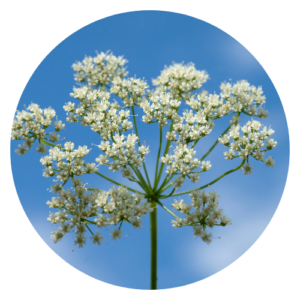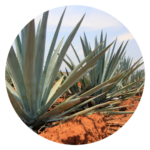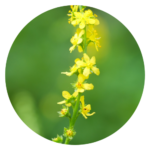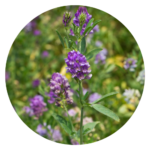Anise | Pimpenella anisum
Anise is a soothing herb that calms digestion, relieves cramps, clears mucus, fights infections, and boosts immune health. It also promotes milk production in nursing mothers. With its sweet licorice flavor, anise is cherished in both culinary and herbal traditions.
Amazon Options
Optional product links for general wellness and educational exploration.
🌿 Shop on Amazon As an Amazon Associate, we may earn from qualifying purchases.




